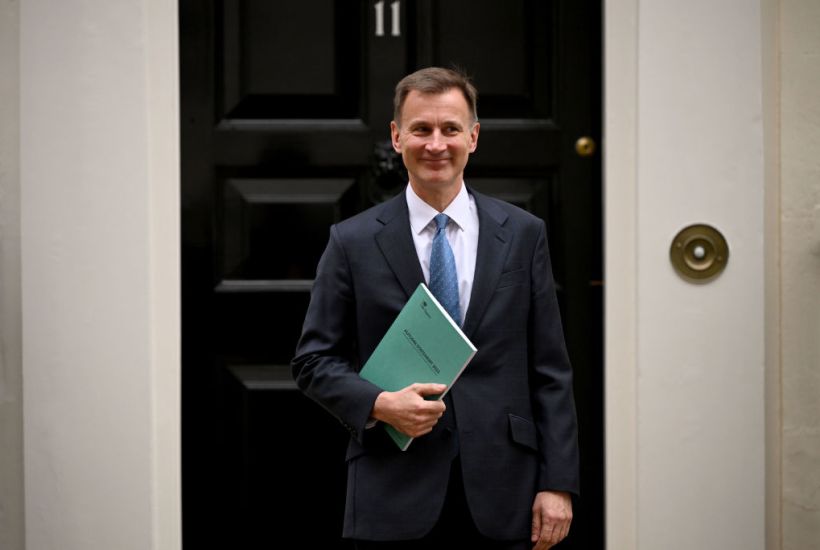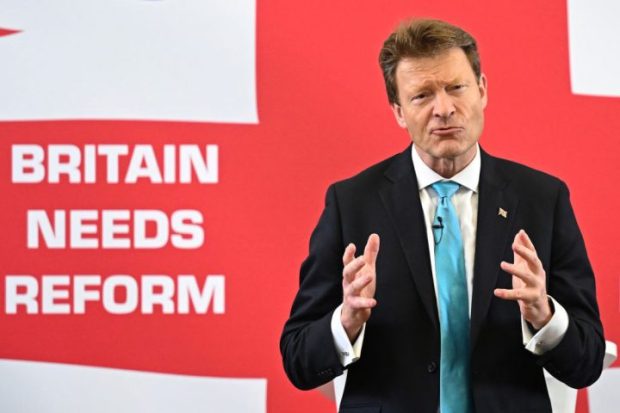Time was when a chancellor had to resign for leaking the Budget – Hugh Dalton famously lost his job after telling a reporter a few details of what he was about to deliver. Dalton assumed it was past the newspaper’s deadline, but he was wrong. Nowadays, it seems to have become customary for chancellors to leak beforehand, just leaving a ‘rabbit in the hat’ for the day itself.
Already a subscriber? Log in
Subscribe for just $2 a week
Try a month of The Spectator Australia absolutely free and without commitment. Not only that but – if you choose to continue – you’ll pay just $2 a week for your first year.
- Unlimited access to spectator.com.au and app
- The weekly edition on the Spectator Australia app
- Spectator podcasts and newsletters
- Full access to spectator.co.uk
Or




















Comments
Don't miss out
Join the conversation with other Spectator Australia readers. Subscribe to leave a comment.
SUBSCRIBEAlready a subscriber? Log in